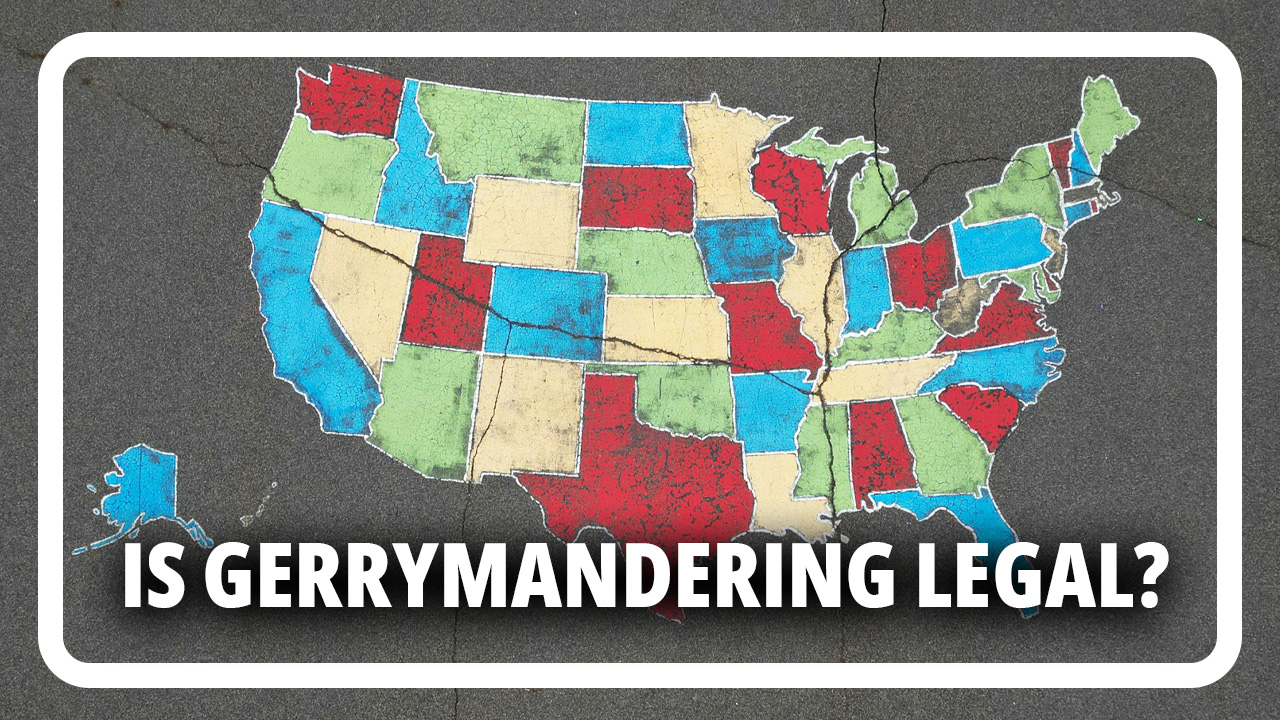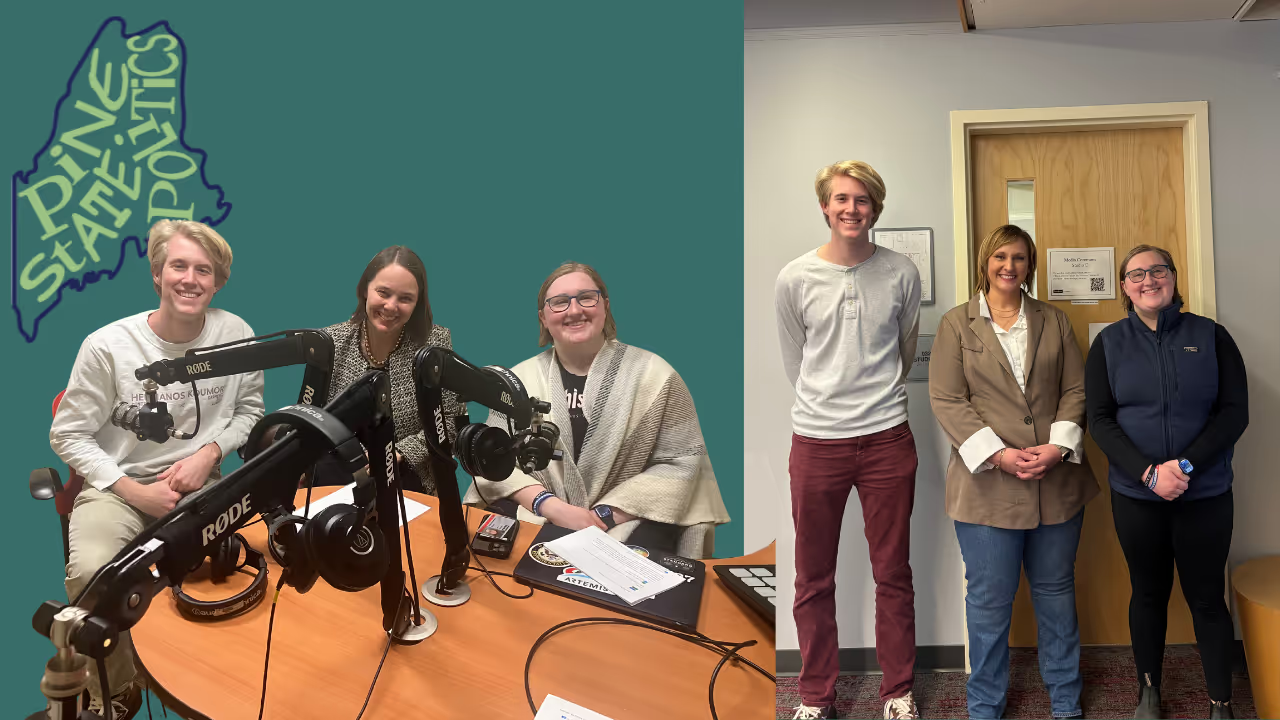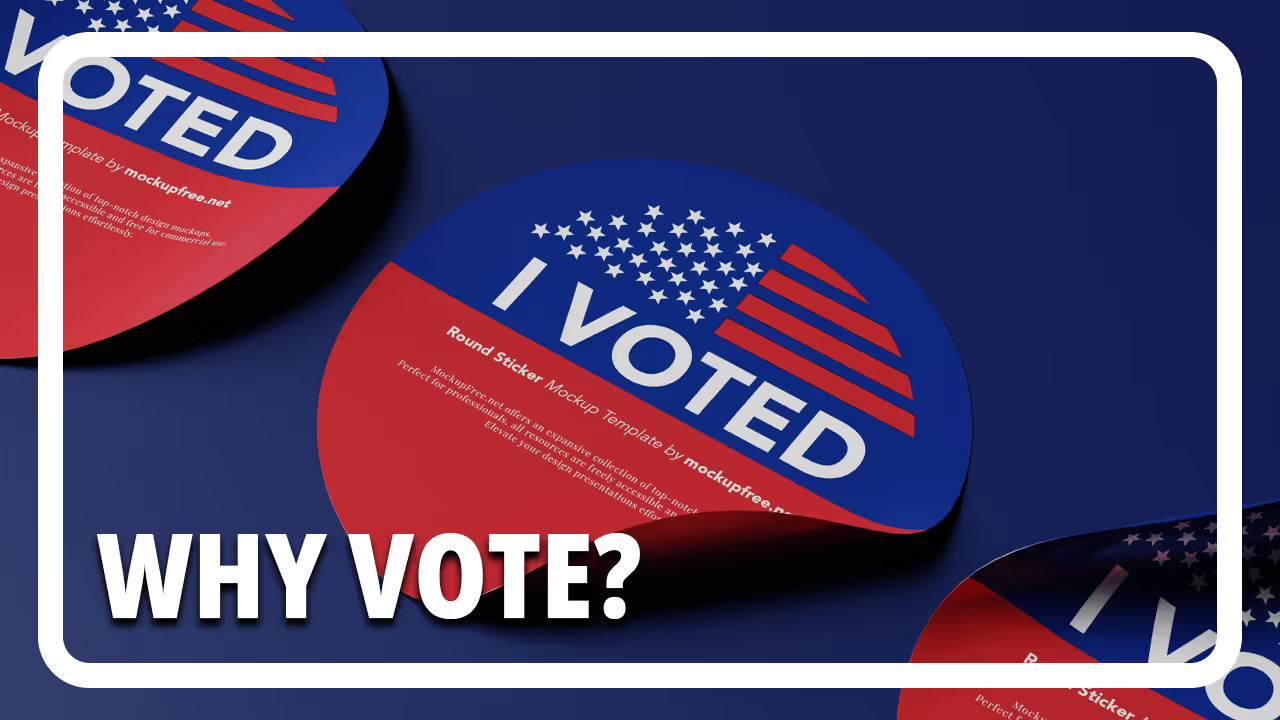
Spontaneous, smart and fun. Interview podcasts with some of the world’s most creative thinkers.
Spontaneous, smart and fun. Interview podcasts with some of the world's most creative thinkers. We welcome creative, contrarian ideas that don't fit neatly into one ideology or another. "How Do We Fix It?" is currently reporting on the people, projects and ideas of Braver Angels, America’s largest volunteer-led transpartisan civic renewal group. Podcast host and longtime journalist Richard Davies describes himself as "curious not furious". We ask constructive, practical questions about how to make the world a better place.
30 years ago this month the Berlin Wall came down, and Richard was there, reporting the story for ABC News. In those heady days of November, 1989, there was tremendous hope for the future of liberal democracy. In the next few years, most of Eastern Europe would emerge from the shackles of totalitarian communism.
But today, populism and nativism are on the rise in much of the world. Democratic institutions, civic norms, and a free press are all facing new challenges.
We speak with public affairs and political consultant Reed Galen, and look at whether the case for greater civility is overshadowed by the need to push back hard against the populists, and those who sneer at compromise, tolerance, reason, flexibility and other vital pillars of a functioning democracy.
"The Democrats are playing chess and Trump's eating the pieces," says Reed, who resigned from the Republican Party in 2016. "He will take your civility and squash you with it."
Further thoughts from Reed on civility here.
With this episode we start a new feature: Jim and Richard Recommend. We lift the curtain on what we're listening to, reading and watching.
- Music: Singer-songwriter Belinda Carlisle.
- Movie: "Parasite" by Korean director Joon Ho Bong.
- Books: "Ill Winds: Saving Democracy From Russian Rage, Chinese Ambition and American Complacency by Larry Diamond, and "Golden Rice: The Imperiled Birth of a GMO Superfood" by Ed Regis.
This podcast is an urgent, radical, yet practical response to the crisis of political polarization that is tearing America apart. Instead of mere tolerance and civility, we discuss how and why we should love our enemies.
A response is needed to our culture of contempt, where many think of those who they disagree with as bad people. Millions are organizing their social lives and curating their news and information to avoid hearing viewpoints different than their own.
The Outrage Industrial Complex-- angry politicians, cable TV and talk radio pundits, campus activists and Twitter trolls-- profits out of making us miserable and wrecking public life. An exhausted majority of Americans is tired of how divided we've become. This show looks at how to fix it.
In his new book, "Love Your Enemies: How Decent People Can Save America From the Culture of Contempt", best-selling author and social scientist, Arthur Brooks, makes the case for something that is far more life affirming than mere tolerance and civility. He explains a new way to lead based not on attacking others, but on bridging national divides and mending personal relationships.
"You increase anxiety and stress in your own life when you treat somebody else with contempt," Arthur tells us. "The reason why I talk about love your enemies is because I believe that contempt in our society today is not just a terrible thing that we do, it's also a habit that we're engaged in."
The episode is a joint production with "Half Hour of Heterodoxy". Deb Mashek, Executive Director of Heterodox Academy is our co-host.
With a simple Facebook post saying that she wanted to end partisan gerrymandering, Katie Fahey sparked the beginnings of an extraordinary grassroots campaign. Katie is in her late 20's. With neither connections nor deep pockets, she started Voters Not Politicians to change Michigan's State Constitution.
Hundreds of thousands of signatures were collected,. The movement pulled off a remarkable feat, winning a ballot measure that will create an independent citizen commission to decide the shape of congressional and state legislature districts.
The goal was simple: voters - not politicians or lobbyists - would compromise and draw electoral maps that cannot favor one party or candidate. When the campaign needed money to print petitions and organize meetings, volunteers asked family and friends to contribute.
.avif)
Richard Davies is a podcast consultant and narrator. During three decades with ABC News, Richard was a news reporter, newscaster, show host and business correspondent. Richard reported from four continents and 35 U.S. states. He covered the 2008 Wall Street financial crash; the fall of the Berlin Wall in Germany; 1984 - 2016 Presidential elections; OPEC oil conferences; the run-up to the First Gulf War (on assignment for six weeks in Jordan); the assassination of Anwar Sadat; and the collapse of the Twin Towers in New York on 9/11. Richard is located in Gilford, CT.

Is Gerrymandering Legal? Learn what gerrymandering is, how it shapes elections before votes are cast, and what citizens can do to protect democracy from unfair maps.
Read Post
What does it really mean to have free and fair elections—and how close is America to achieving them? Discover how experts, officials, and reformers are strengthening voter access, election security, and public trust in democracy.
Read Post
This Bowdoin duo is demystifying Maine elections
Read Post
Discover why your vote matters more than you think. This article breaks down the real impact of voting—from local elections to national policy—and how your voice helps shape the future. Featuring expert insights and practical steps to get involved.
Read Post
Explore the key threats facing American democracy today—from political polarization and disinformation to racial injustice and voter suppression—and discover what we must do to protect and strengthen it.
Read Post
We're excited to welcome the newest addition to The Democracy Group: New Faces of Democracy — a series of conversations with modern-day heroes and regular citizens from all walks of life who are using their talents and skills to transform the political landscape.
Read Post
With this year coming to an end and the 2024 election winding down, we want to bring you a collection of podcast episodes from our network that touch on the far-reaching impact of this unprecedented cycle.
Read Post
We caught up with On Our Minds: Election 2024 student reporters and special correspondents Maggie LeBeau, Simran Gupta, Grace Go and Carlos Guo.
Read Post.avif)
Empowering young Jewish voters. Join us this Thursday to celebrate our podcast fellows!
Read Post
The third episode of our Democracy’s Good News series takes us to New York City where we talk with American venture capitalist and author Patrick McGinnis.
Read Post
Waves of student protests against Israel’s actions in Gaza swept American campuses last week and along with them the debate of free speech and the freedom to peaceably assemble on campus grounds.
Read Post
In the second episode of the Democracy's Good News series, we talk with religious organizations across the United States, namely the Habonim Dror Camp Galil, the Reform Congregation Oheb Sholom, and the Mormon Women for Ethical Government.
Read Post
Meta announced in February it would stop proactively recommending political content on Instagram and Threads as journalists, voters, and political content creators gear up for this election season.
Read Post.avif)
Join us in extending the warmest welcome to the newest cohort of fellows from The Democracy Group Podcast Fellowship!
Read Post
A common narrative about the 2024 election is that “democracy is on the ballot” and that American democracy could be in very dire shape if the election doesn’t go a particular way. At The Democracy Group, we understand those risks and take them seriously. But we also know that many other media outlets will be covering the election through this lens.
Read Post
The Round Table, a part of Next Generation Politics, is a “by GenZ, for GenZ” podcast that provides a platform for conversation and engagement by challenging norms and representing all kinds of diversity, especially of perspective and ideas.
Read Post
A new year means new episodes!
Read Post.avif)
Welcome to the Best of 2023!
Read Post
We hope you got to spend a wonderful Thanksgiving with your families and friends.
Read Post
The Democracy Group's podcast fellowship program is in full swing! Here’s a glimpse at what our 2023 fellows were working on during their fellowship.
Read Post
We're excited to share a new podcast in the democracy space — Vital Signs of Democracy. Community Manager Megan Goldstein talked with hosts Debilyn Molineaux and David Riordan to learn more
Read Post
Community manager Megan Goldstein caught up with Bruce Bond and Erik Olsen, co-founders of the Common Ground Committee
Read Post
In 2022, the number of podcasts increased by 20%. This is a staggering number that no doubt indicates the future of an ever growing industry.
Read Post
AI is rapidly evolving and has the potential to transform many aspects of our lives, including democracy.
Read Post
News, news, news. Right news, left news, fake news, and more. America's news landscape is a hot topic of conversation.
Read Post
In order to understand how to strengthen democracy, we must understand how this erosion happens.
Read Post
Recently, several organizations issued their annual reports on democracy's rise and fall around the world.
Read Post
Everybody has new year's resolutions - floss more, exercise daily, and the list goes on and on. Is it possible for the country as a whole to have a resolution to improve our democracy in the new year?
Read Post